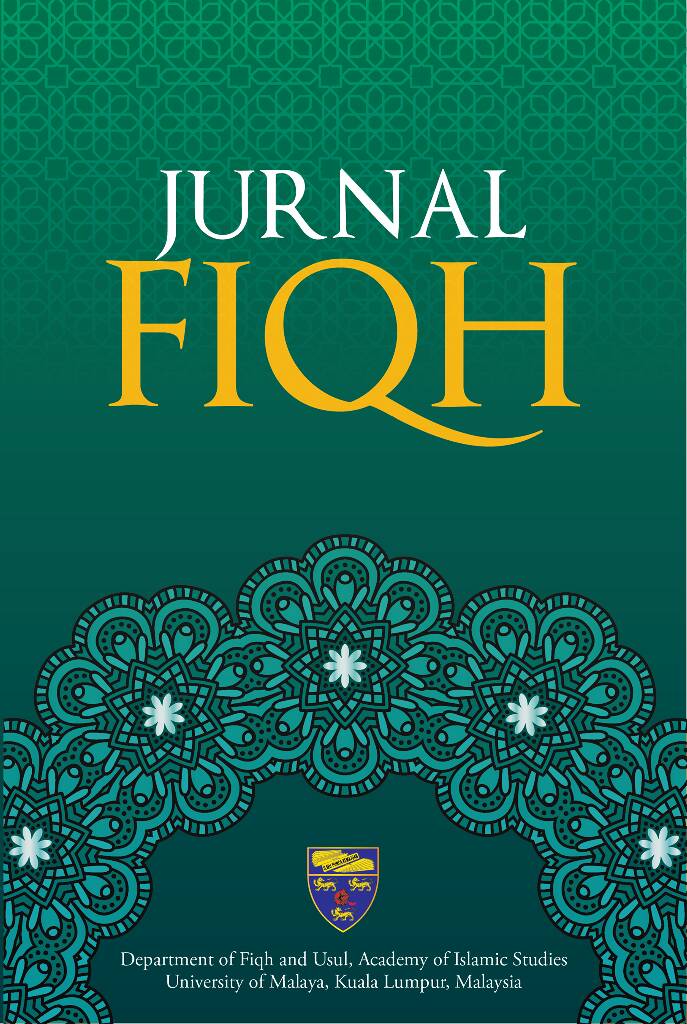الحلول الفقهية والتجديد الفقهي لمعالجة تحديات وآثار الثورة الصناعية الرابعة في ضوء مقاصد الشريعة:منهاجا وبيانا
Islamic Jurisprudential Solutions and Renewal in Addressing the Challenges and Effects of the Fourth Industrial Revolution (4IR) in the Light of Maqāṣid al-Sharī‘ah: Methodology and Explanation
DOI:
https://doi.org/10.22452/fiqh.vol18no1.1Keywords:
Fourth Industrial Revolution, maqāṣid al-sharī‘ah, fiqh, tajdīdAbstract
The emergence of the Fourth Industrial Revolution is distinguished by the utilization of new technologies
and inventions such as the artificial intelligence, Internet of Things (IoT), automated machine, and so on. The use of these technologies alleviates many aspects of human life and brings massive changes to the human lifestyle. It has both positive and negative effects which then leads to new issues and challenges requiring evaluation from Shariah’s perspectivesThis paper aims to discuss Shariah’s perspective on the fourth industrial revolution and solutions to the arising issues from the maqāṣid al-sharī‘ah approach. The researcher adopts descriptive methodology to discuss the phenomenon and inductive methodology to resolve the issues in the light of Shariah. The paper concludes that Islam encourages knowledge development and invention as the term ‘ilm and related words, mentioned in the Qur’ān numerously as compared to other holy scriptures. However, any inventions must be consistent and in harmony with the objectives of Shariah and not conflicting with them. With the observation of conditions and guidelines as outlined in this paper, utilization of the inventions in the Fourth Industrial Revolution may serve as a mean to realize the objectives of Shariah
and will greatly benefit humankind. In the event of any issues, solutions must be derived by exercising legal reasoning (ijtihād) with consideration of the modern sciences and contemporary context. The effort in renewing the legal reasoning (tajdīd) may be exercised in collective form by the experts in Islamic jurisprudence (fiqh) and other sciences collaboratively.








